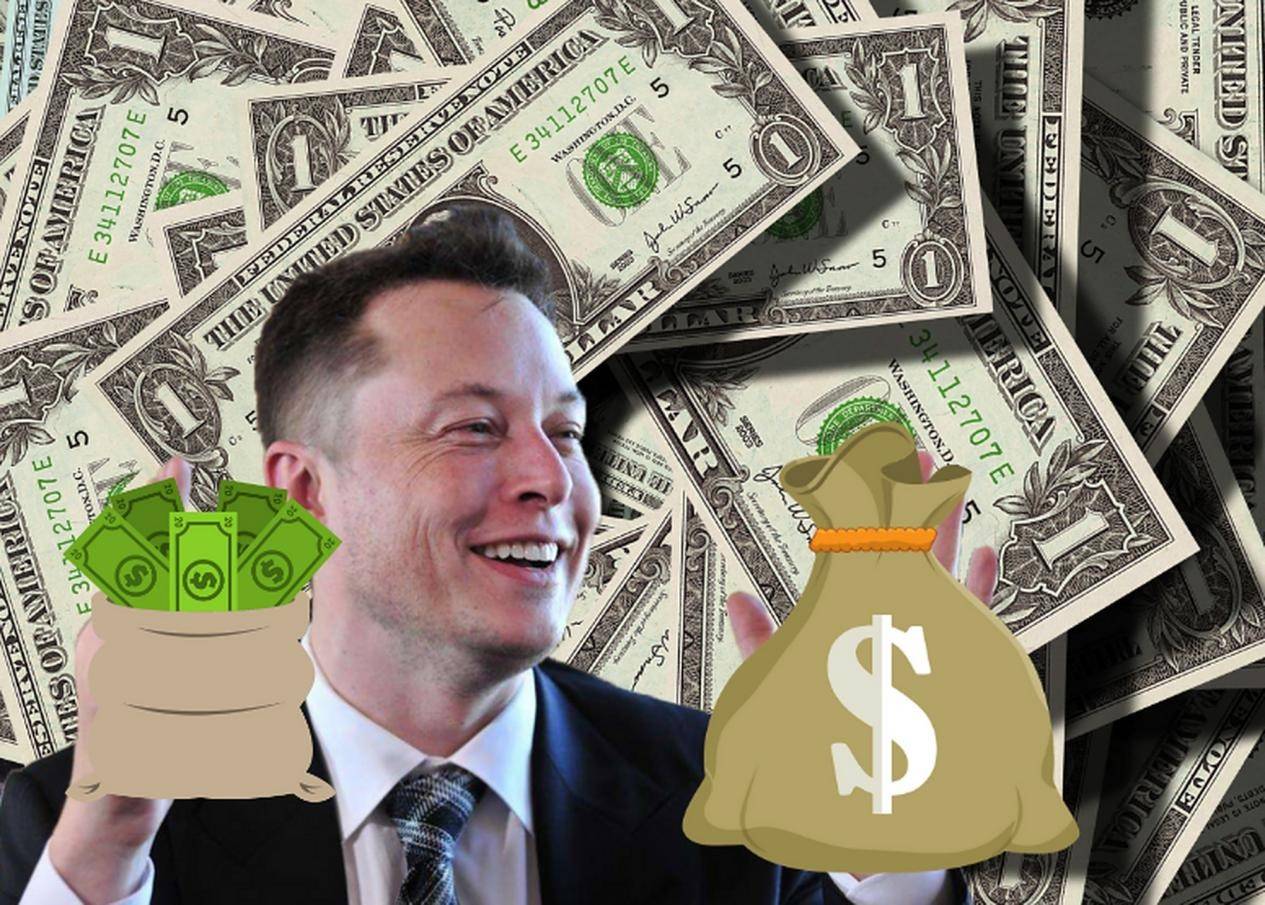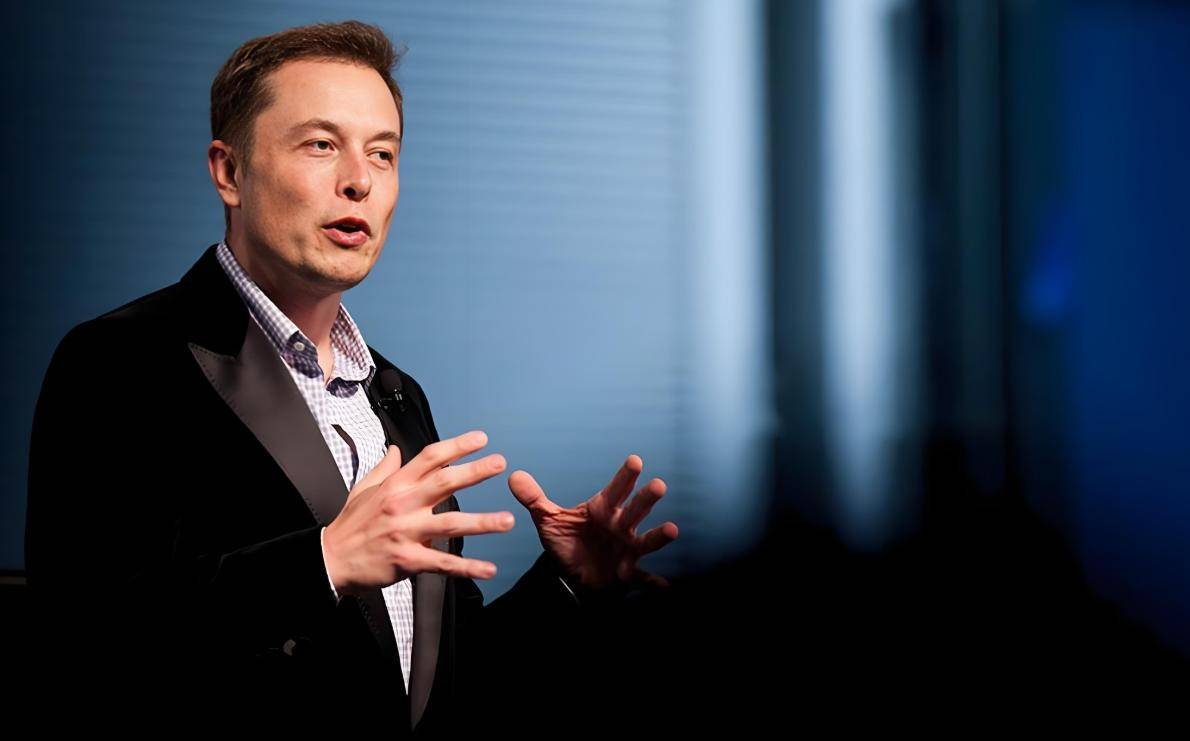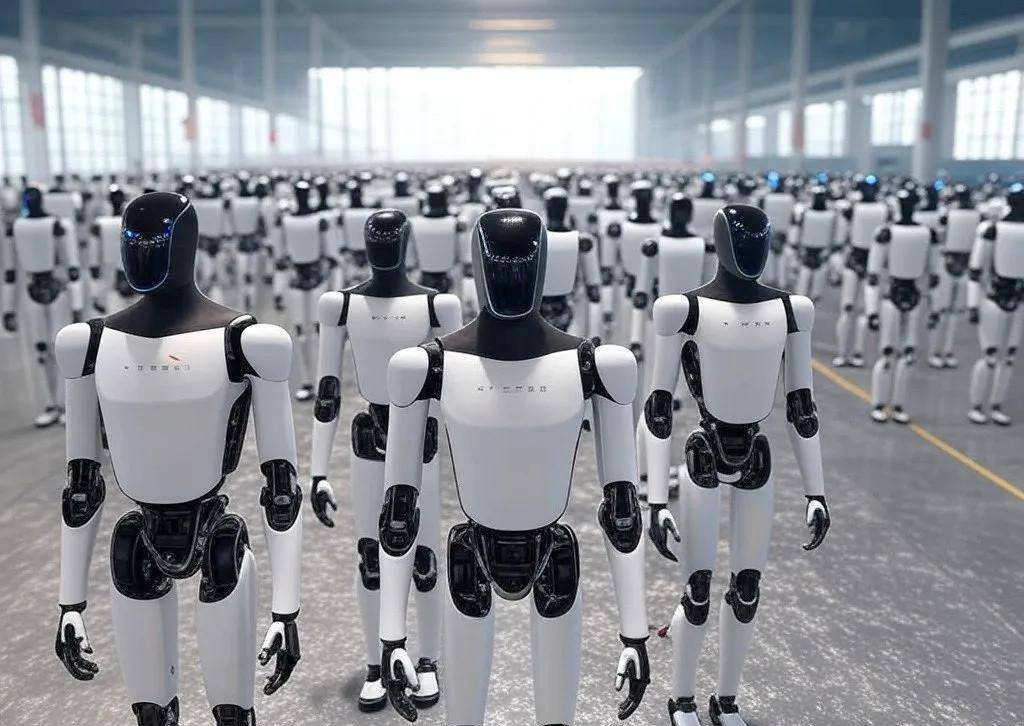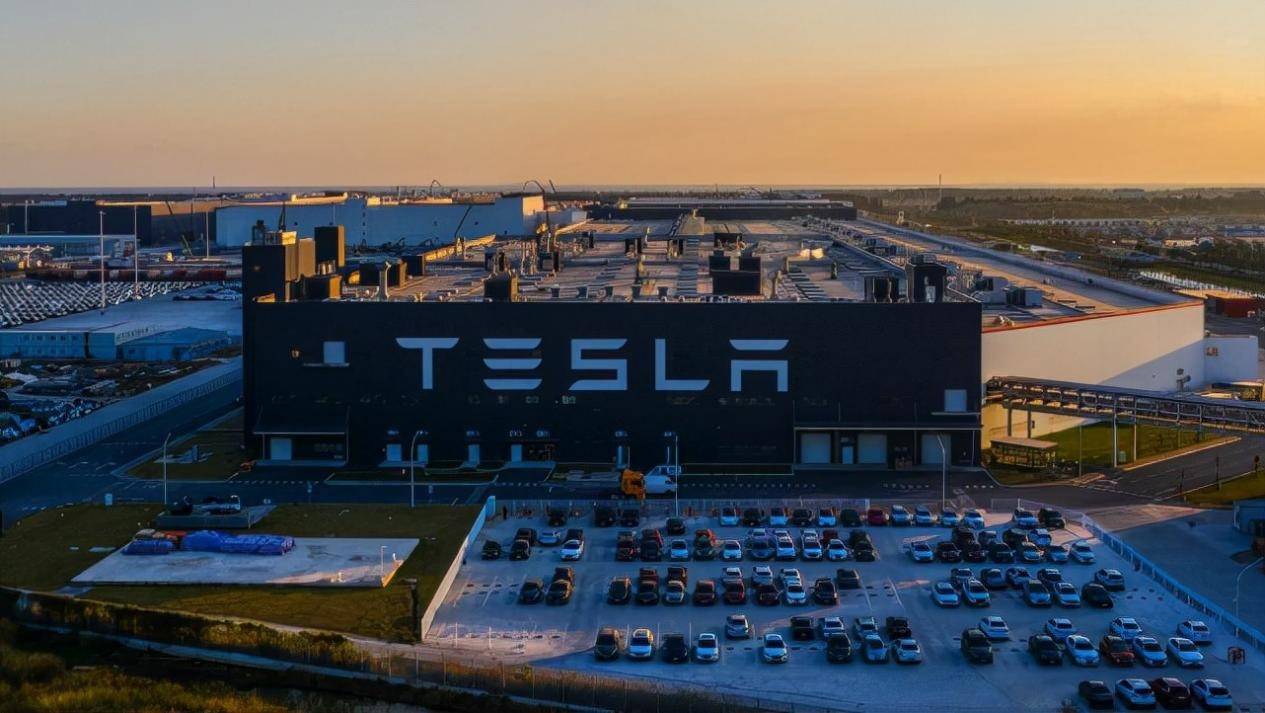Today, Tesla Can Only Use a Trillion-Dollar Compensation Package to 'Appease' Musk
![]() 11/16 2025
11/16 2025
![]() 614
614

The vision of 'wealth on par with a nation' has once again become a reality for Musk.
Several days ago, Tesla held its annual shareholder meeting at the Austin Gigafactory in Texas. After both on-site and advance voting, shareholders approved Tesla CEO Elon Musk's new compensation incentive plan for CEOs with over 75% in favor. This plan is a performance-based bet with a potential value nearing $1 trillion.
What does $1 trillion signify? In 2024, the Netherlands, ranked 18th globally in GDP, boasted a GDP of $1.15 trillion, closely followed by Saudi Arabia with $1.07 trillion. In essence, Musk's personal compensation could rank among the top 20 in global GDP. Even after deducting necessary expenses, reducing it to $878 billion, this immense fortune remains unprecedented and unlikely to be surpassed.
This is a high-stakes gamble, one that fully entrusts the company's future to a 'heroic' individual. If successful, Tesla could emerge as the world's most valuable and profitable company, with Musk amassing even greater wealth and influence. However, this gamble also exposes Tesla's greatest crisis: without Musk, Tesla may lack a future.
Thus, Tesla must decide whether to 'de-Musk' or continue to deeply align itself with Musk. Tesla has opted for the latter.
Can Only Musk 'Chart' Tesla's Future?
The tactic of using a massive salary (a colossal compensation package) to 'retain' Musk, a leader who could leave at any moment, is not novel.
In 2018, Tesla's board approved a $56 billion (12% of Tesla's stock at the time) compensation plan for Musk over the next decade, also divided into 12 installments. The ultimate aim was to elevate Tesla's market value from around $60 billion to $650 billion and achieve 8 profitability targets and 8 revenue targets. At the time, few believed Musk could accomplish these feats.
However, in less than three years, Tesla's market value soared nearly 1,000%. By the end of 2020, Tesla not only achieved the $650 billion market value target but also met 8 profitability targets and 7 revenue targets, with only one revenue target remaining unfulfilled.
Now, with the new CEO compensation incentive plan, the outcome was largely foreseeable. Prediction website Polymarket's pre-shareholder meeting data indicated a 93% probability of the proposal passing, as, apart from a few major shareholders, the decision rested with numerous retail investors. Between the potential dilution of $1 trillion and a grander vision, most Tesla retail investors chose the latter. However, it would be more precise to say they place their faith in Musk rather than Tesla.

After years of development, Musk's role at Tesla has surpassed that of a mere professional manager. From product design to marketing strategies, from strategic decisions to grand visions, Musk's strong personal style and dreamy aspirations have deeply ingrained themselves in Tesla's DNA.
Moreover, for Tesla, the choices of its predominantly retail investor base further illustrate that Musk's presence or absence and his actions severely impact the company's valuation logic. With Tesla's market value rapidly declining, it cannot afford the turmoil of losing Musk.
Following the second-quarter earnings report, Tesla's stock price plummeted 8.2% to $305.3, with its total market value falling below the $1 trillion mark. Since 2025, Tesla has cumulatively declined by over 20%, the largest drop among the seven major tech giants. If calculated from the peak in December of the previous year, Tesla's market value has evaporated by over $500 billion, a decline exceeding one-third.
With the narrative of car manufacturing no longer sufficient to support Tesla's pursuit of a higher market value, Musk's envisioned future blueprint appears far more imaginative than car manufacturing.
Ark Invest estimated that once Tesla transforms into a more profitable robotaxi company, its stock price could surge 12.5 times within five years, reaching $2,600. Additionally, we observe that the curtain has been raised on Musk's 'energy empire,' with Musk ambitiously stating that by 2030, Tesla's energy storage business will rival its automotive business in scale. At that point, Tesla will truly no longer be just a car manufacturer.
Of course, regarding this grand, disruptive, and financially promising goal, it now resembles more of a grand 'pie in the sky.' However, for Tesla, Musk, and fans, it is highly enticing.
It's Not the Trillion-Dollar Compensation That 'Retains' Musk
This year, Tesla's core business has faced pressure. In the quarter ending June 30, its car sales declined by 13.5%, marking the second consecutive quarterly decline. However, this seems to have not caught Musk's attention. After leaving the Department of Government Efficiency (DOGE) in the Trump administration in late May, he has devoted more time to xAI.
According to former executives and those who have collaborated with Musk, for much of this summer, Musk has been 'ensconced' at his latest startup, xAI, participating in meetings around the clock. He has even begun holding meetings with Tesla employees at xAI's offices.
If the trillion-dollar compensation plan aims to redirect Musk's focus back to Tesla to address the sales decline crisis, it is not without merit. As a CEO with boundless energy who simultaneously manages several large tech companies and finds time to stir up controversy on social media and in political circles, new energy vehicles seem to have lost their novelty for him. Meanwhile, humanoid robots, large models, brain-computer interfaces, and other fields are brimming with challenges.
Therefore, from the 'daunting' tasks set by the board, it is evident they intend to firmly 'anchor' Musk to Tesla's office, leaving him no time for distractions. However, whether approving such an exorbitant compensation plan can truly bring a leader whose focus has clearly shifted back on track is a question for both shareholders and the public.
Over the years, as more labels such as obsessive, tech-obsessed, and recklessly willful emerge on Musk, it has become increasingly clear to the outside world that no one can truly comprehend Musk, let alone predict his next move. He is like a visionary laying out the future but also an 'unstable factor' capable of triggering crises at any moment. In a decade-long plan, relying on a grand 'pie' to keep Musk on track may not be very feasible.

However, in the business empire constructed around Musk, as the relationships between various sectors become increasingly intertwined and boundaries blur, Tesla may also benefit from technological breakthroughs and commercial value brought by other sectors. In other words, if Musk's future ventures in car manufacturing, robotics, aerospace, artificial intelligence, and other fields can generate business synergies and jointly create greater value, then the current diversification of efforts may not be detrimental.
Currently, Musk is already promoting further integration of his business empire through capital means and technological cooperation. Earlier this year, he merged xAI with the social media platform X, creating a new enterprise valued at $113 billion. In July, SpaceX invested $2 billion in xAI as part of a $5 billion equity financing round. Consequently, plans for Tesla to participate in investments have also been proposed, with over 140 shareholders submitting a proposal urging Tesla's board to approve an investment in xAI.
Although Tesla's investment in xAI was not authorized at this shareholder meeting, as the proposal was advisory, the board will consider these results in deciding subsequent actions.
Ultimately, it's not the trillion-dollar compensation that 'retains' Musk but his ambition to expand his business empire.
Tesla Searches for Its Next 'Cook'
Before the trillion-dollar compensation plan surfaced, Tesla had attempted to find Musk's successor, as Musk, embroiled in political controversies at the time, had severely impacted Tesla's brand image and sales. According to foreign media reports, board members contacted several executive search firms, officially initiating the process to find Tesla's next CEO. Moreover, before the shareholder meeting, media revealed that Tesla planned to appoint a new CEO from within, with the preferred option being to promote existing executives.
However, the approval of the trillion-dollar compensation plan clearly externally confirms a fact: Tesla cannot function without Musk. This risk of the company's fate hinging on an individual has also drawn more controversy to Tesla.
Since taking the helm, Musk has led the electric vehicle manufacturer for nearly two decades. Although he stepped down as board chairman in 2018, he remains deeply involved in the operations of all his enterprises, being Tesla's sole captain. Looking at other major U.S. tech giants, most have completed leadership transitions, with many founders announcing their departures at what appeared to be stable and robust commercial prospects for the company in the coming years.
In 2019, in the resignation letter co-authored by Google founders Brin and Page, they believed Alphabet was in a comfortable and stable environment, stating, 'If the company were a person, it would be a 21-year-old. It's time for us to step aside.'
A smooth leadership transition indicates that these tech giants' development can fully detach from reliance on their founders, ensuring the company's safety through a well-established management system. Moreover, compared to 'building a kingdom,' 'maintaining a kingdom' is equally challenging, and a vigorous and capable successor is also crucial. Take Cook, for example; after Jobs' passing, Apple did not decline but, under Cook's leadership, became one of the most prominent companies globally in terms of market value.

In contrast, Tesla's ambition to pursue a higher market value and grander vision determines that it cannot function without Musk, who endows it with future imagination. However, Tesla cannot merely remain a startup driven by slogans and visions. As it matures, it needs not just 'dreamers' but 'builders.'
In Musk's trillion-dollar compensation plan, 'establishing a CEO succession framework' is also prominently written into the agreement. Moreover, the turmoil caused by this compensation plan has become an important opportunity for Tesla to advance its internal succession plan.
However, the question remains whether Musk can find an ideal 'successor' in the coming years. Since this year, Tesla has been embroiled in a wave of executive departures, with 12 executives leaving Musk's enterprises in just four months, including several key figures. Management turmoil undoubtedly hinders Musk's efforts to cultivate a successor.
At the shareholder meeting, Musk improvised a dance, excitedly stating, 'We are about to embark on not just a new chapter in Tesla's future but an entirely new epic.'
However, how this epic will unfold remains unpredictable.
Dao Zong You Li, formerly known as Wai Dao Dao, is a new media outlet in the internet and tech circles. This article is original and prohibits any form of reproduction without retaining the author's relevant information.








